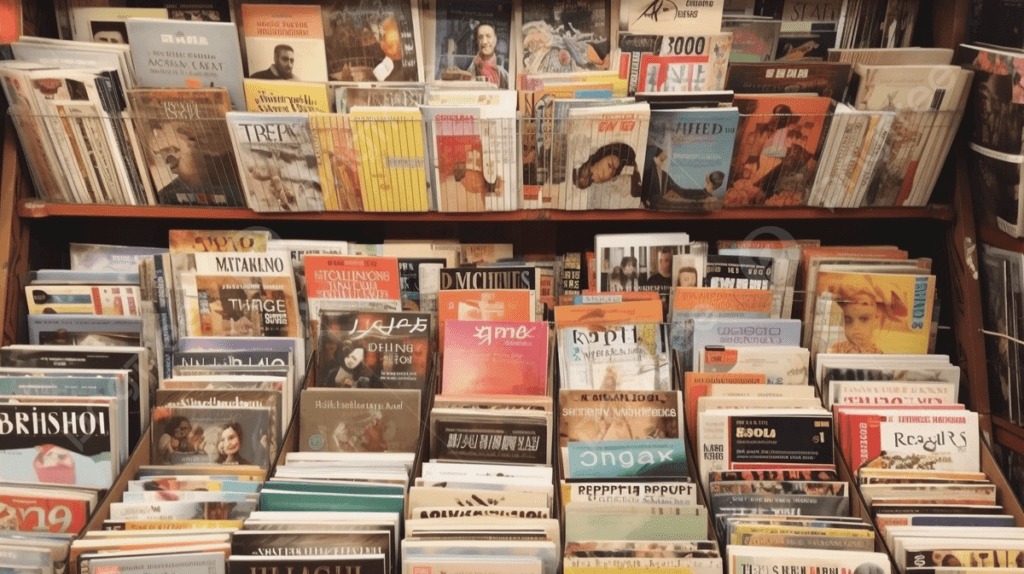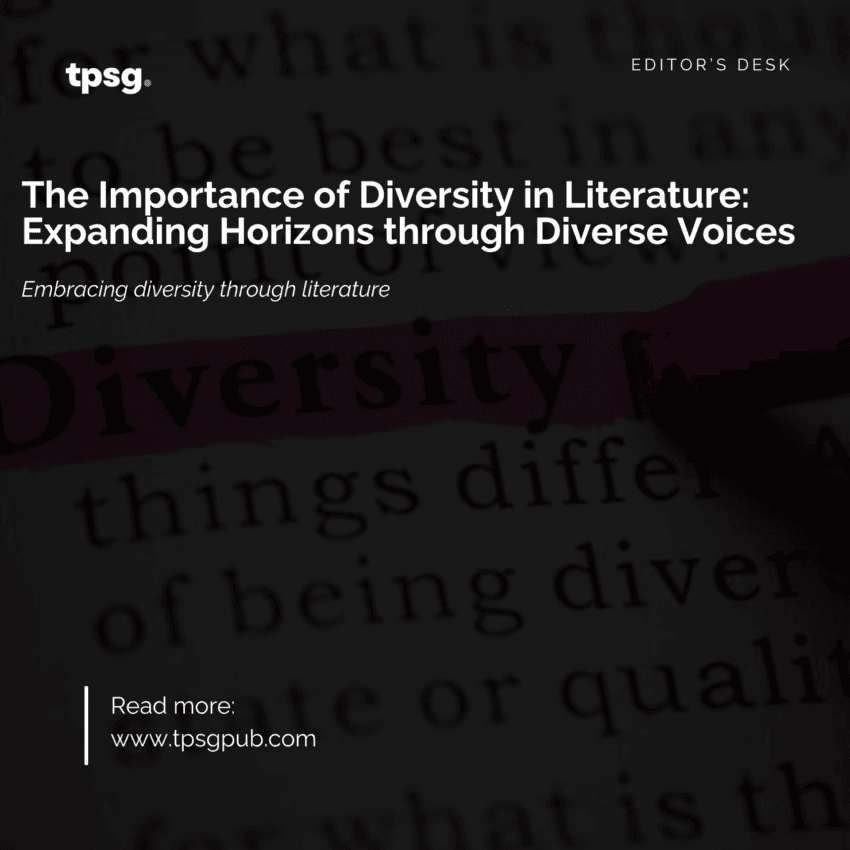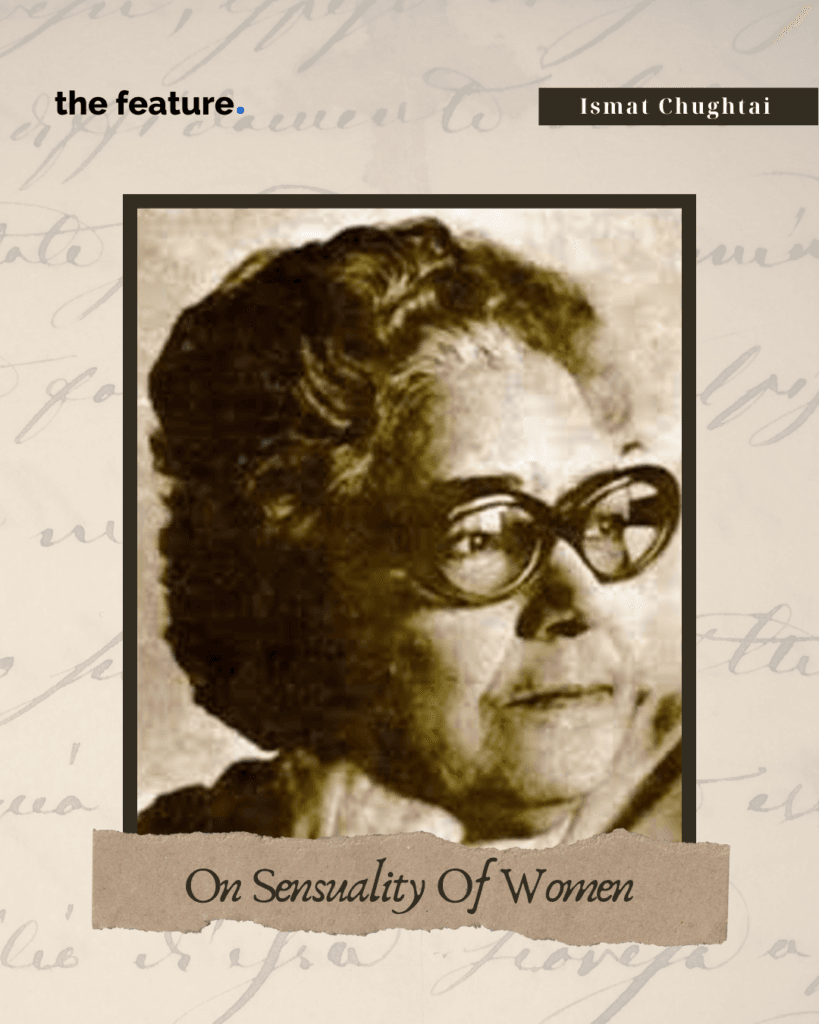In a world as culturally rich and varied as ours, literature has a special role in reflecting and expanding our understanding of human experience. When literature embraces diversity, whether in terms of race, gender, culture, socioeconomic background, or other aspects, it does more than entertain; it educates, inspires, and connects readers across divides. Diverse voices in literature help readers broaden their perspectives, foster empathy, and empower communities that may otherwise go unheard.

The need for diversity in literature stems from a simple truth: the world is diverse. People from all walks of life encounter unique struggles, joys, traditions, and beliefs, which deserve to be shared and recognised as when the stories we read mirror only a single type of experience, we create a narrow window through which to view humanity. Diverse voices help to expand that window, providing readers with more comprehensive, layered understandings of life.
The authors Chimamanda Ngozi Adichie and Junot Díaz have spoken widely about the “danger of a single story,” or the risk of defining entire communities through one-dimensional stereotypes. This danger is often minimized when literature represents a multiplicity of voices for instance, Adichie’s novel Americanah offers insight into the experience of African immigrants in the United States, shedding light on the complexities of identity and cultural adaptation. Similarly, The Brief Wondrous Life of Oscar Wao by Díaz immerses readers in the Dominican American experience, challenging assumptions and showcasing the resilience of a community underrepresented in mainstream literature.
Reading literature from diverse authors yields several benefits. Firstly, it fosters empathy, allowing readers to “walk in someone else’s shoes” and understand life from perspectives different from their own; this experience is especially valuable in a multicultural society, as it bridges gaps between people and encourages mutual respect. Books like Angie Thomas’s The Hate U Give, which centers on the life of a young Black girl grappling with police violence in her community, offer an authentic view into the realities of racial tension and social justice: such books resonate with readers because they tell stories that might otherwise remain hidden or misunderstood.

Secondly, reading diverse literature enriches a person’s worldview as when people read about different cultures, they acquire knowledge that goes beyond the stereotypes and superficial portrayals often found in media. Pachinko by Min Jin Lee, a historical novel about a Korean family living in Japan, exposes readers to the struggles of marginalised groups within East Asia. Through the lens of fiction, Lee educates readers on the complex dynamics of migration, assimilation, and identity, topics that are particularly relevant in our increasingly interconnected world.
Finally, diverse literature offers readers an opportunity to see themselves represented on the page. For young readers, this representation is especially powerful, as it can affirm their identities and foster a sense of belonging; the children’s book Sulwe by Lupita Nyong’o, for instance, addresses colorism and self-acceptance through the story of a young girl who learns to embrace her dark skin. For children from similar backgrounds, seeing Sulwe’s story can be empowering and affirming, while for others, it can offer a lesson in empathy and acceptance.
Ultimately, the inclusion of diverse voices in literature is not just beneficial; it is essential. These stories expand readers’ minds, promote empathy, and enrich our collective cultural landscape and in today’s globalised world, diversity in literature empowers readers to celebrate both the uniqueness and universality of human experience. By reading books that reflect a multitude of perspectives, we contribute to a more inclusive literary landscape and foster a society that values understanding, compassion, and unity. Literature, after all, is a mirror held up to the world and the clearer and more varied the reflection, the richer our understanding of ourselves and one another becomes.




